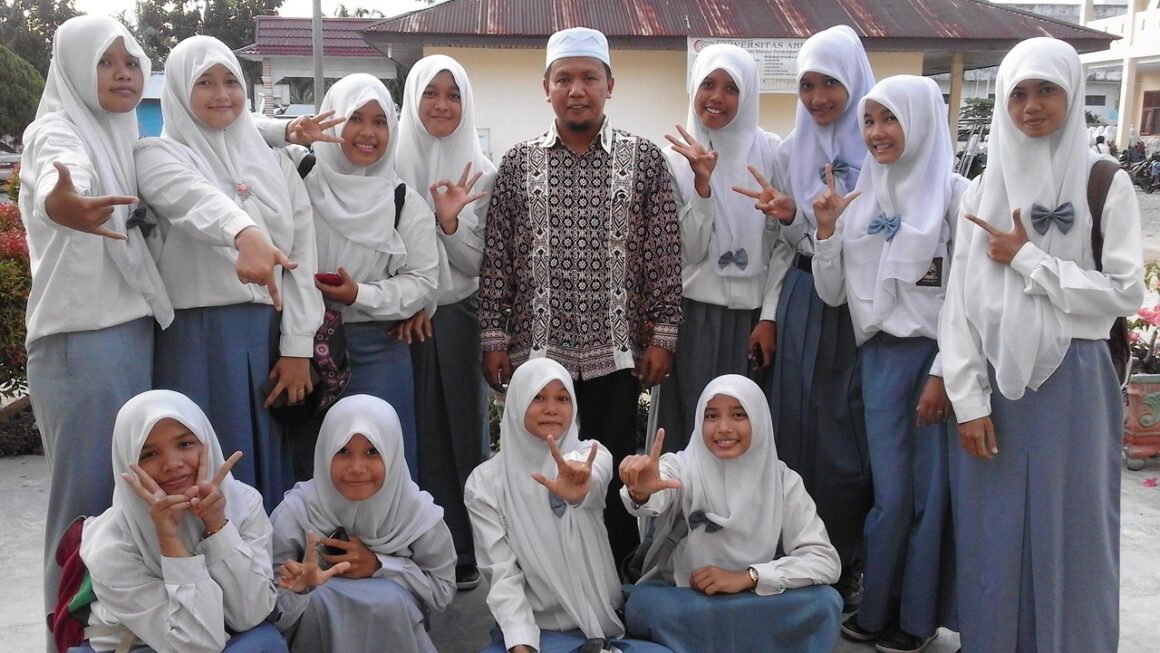The tapestry of our lives is woven with threads of experience, joy, and sometimes, sorrow. Among the most resilient and precious threads are those that represent our long-term friendships. These relationships, tested by time and life’s inevitable challenges, offer a unique and invaluable support system that enriches our lives in countless ways. They are the anchors that keep us grounded, the mirrors that reflect our true selves, and the companions who celebrate our triumphs and offer solace during our setbacks.
The Enduring Power of Long-Term Friendships
The Foundation of Trust and Understanding
Long-term friendships are built on a foundation of trust, mutual respect, and deep understanding. Years of shared experiences, both big and small, create a bond that is difficult to replicate. You’ve seen each other at your best and your worst, and you still choose to be in each other’s lives.
- Example: Think about that friend who knows exactly how to cheer you up after a bad day, or the one who can anticipate your needs without you even having to say a word. This level of understanding comes from years of shared history and intimate knowledge of each other’s personalities.
- Actionable Takeaway: Nurture the trust in your long-term friendships by being reliable, honest, and supportive. Active listening and genuine empathy are crucial components.
The Value of Shared History
The shared history is a critical ingredient in a strong, lasting friendship. These memories create a unique language and inside jokes that only you and your friend understand.
- Example: Remembering that ridiculous road trip you took in college, or the time you both embarrassed yourselves at karaoke, can bring a smile to your face and strengthen your connection.
- Statistical Significance: Studies show that reminiscing about positive memories together can boost feelings of happiness and belonging, reinforcing the importance of shared experiences.
- Actionable Takeaway: Make an effort to reminisce with your long-term friends. Share old photos, tell stories, and relive those special moments that have shaped your friendship.
Benefits of Maintaining Lifelong Bonds
Emotional Well-being and Mental Health
Long-term friendships play a vital role in our emotional well-being and mental health. Knowing that you have someone you can rely on, someone who understands you without judgment, can significantly reduce stress and anxiety.
- Benefits:
Reduced feelings of loneliness and isolation
Increased self-esteem and confidence
Improved coping mechanisms for dealing with stress
A sense of belonging and connection
- Actionable Takeaway: Prioritize spending time with your long-term friends. Even a simple phone call or a quick coffee date can make a big difference in your overall well-being.
Support During Life’s Transitions
Life is full of transitions – career changes, marriage, parenthood, loss. Having long-term friends by your side can make these transitions smoother and less overwhelming.
- Example: When you’re facing a career change, your long-term friends can offer advice, support, and a listening ear. They’ve seen you overcome challenges before and can help you believe in yourself. When you become a parent, your friends can offer valuable insights and help alleviate stress.
- Actionable Takeaway: Don’t be afraid to lean on your long-term friends during difficult times. Let them know what you’re going through and how they can support you. Offer the same support in return.
Navigating Challenges in Long-Term Friendships
Distance and Changing Life Stages
Maintaining long-term friendships can be challenging, especially when distance or changing life stages come into play. Careers might take you to different cities, or people get married, start families, and have less time.
- Solutions:
Schedule regular phone calls or video chats.
Plan visits, even if they’re infrequent.
Find ways to stay connected online (social media, shared groups).
Be understanding of each other’s changing priorities.
- Actionable Takeaway: Proactive communication is key to overcoming distance and life stage differences. Make the effort to stay connected and show that you value the friendship.
Conflict Resolution and Forgiveness
Even the strongest friendships can experience conflicts. It’s important to address disagreements constructively and be willing to forgive.
- Tips for Conflict Resolution:
Communicate openly and honestly.
Listen actively and try to understand the other person’s perspective.
Avoid personal attacks or blame.
Focus on finding a solution that works for both of you.
Be willing to apologize and forgive.
- Actionable Takeaway: Remember that no friendship is perfect. Approach conflicts with empathy and a willingness to compromise. Forgiveness is essential for maintaining a lasting bond.
Cultivating and Nurturing Your Friendships
Making Time and Showing Appreciation
Making time for your long-term friends and showing appreciation are essential for nurturing these relationships.
- Ideas:
Schedule regular get-togethers (dinner, movies, coffee).
Send thoughtful cards or gifts.
Offer help during times of need.
* Express your gratitude and appreciation.
- Actionable Takeaway: Make a conscious effort to prioritize your long-term friendships. Even small gestures of appreciation can go a long way in strengthening the bond.
Adapting and Evolving Together
Friendships, like people, evolve over time. Be open to adapting and growing together as your lives change.
- Examples: Explore new activities together, support each other’s personal growth, and be open to new ideas and perspectives.
- Actionable Takeaway: Embrace change and be willing to adapt your friendship to the changing circumstances of your lives. This will help your friendship remain relevant and fulfilling over the long term.
Conclusion
Long-term friendships are a priceless gift. They provide unwavering support, emotional stability, and a sense of belonging that enriches our lives in countless ways. By nurturing these bonds, navigating challenges with grace, and prioritizing connection, we can ensure that these precious relationships continue to thrive for years to come, enriching our lives and reminding us that we are never truly alone. The investment in these relationships is an investment in our own well-being and happiness.




